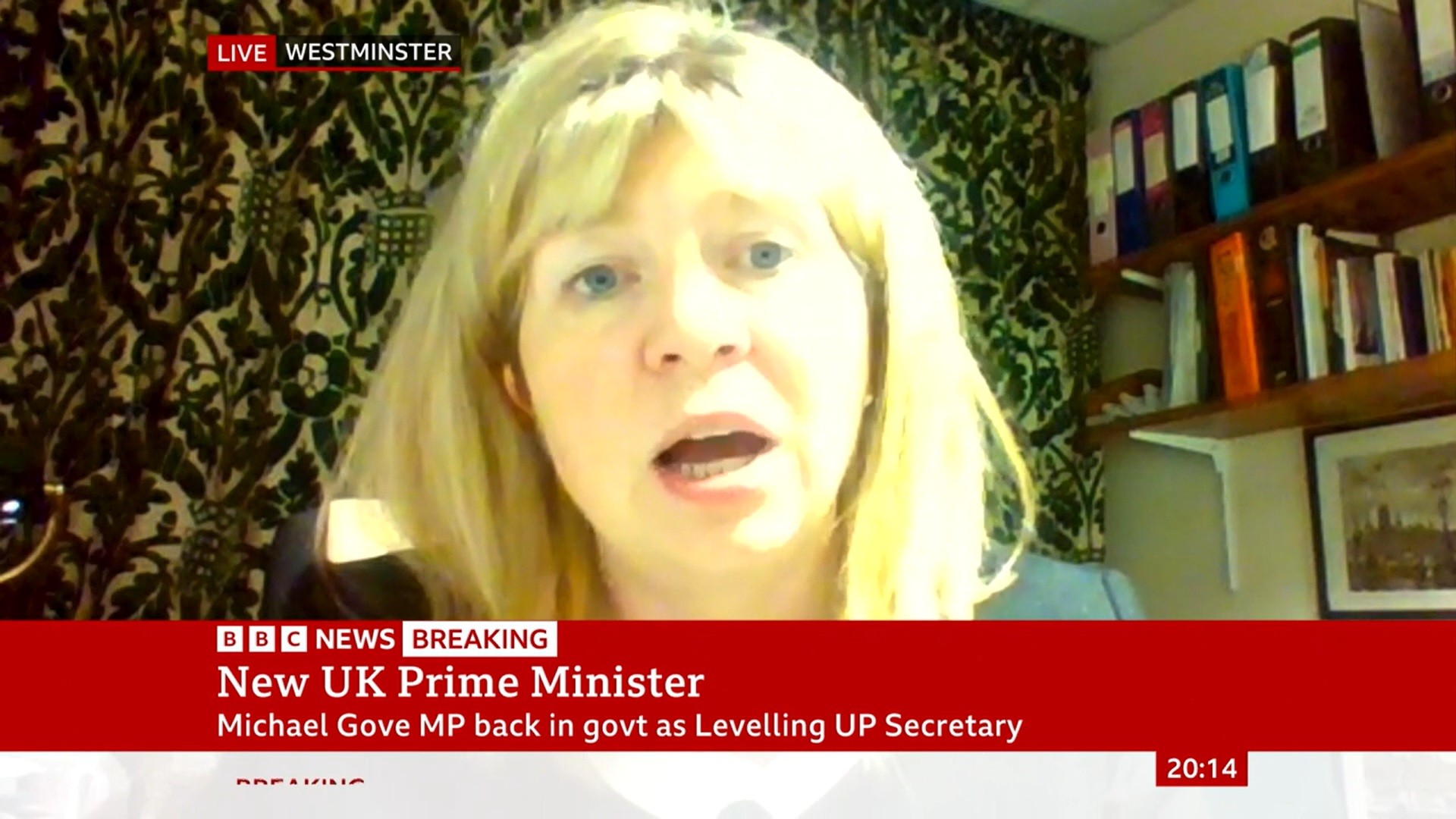
It’s Monday morning, 10.30am, British Summer Time, just, and the Tories are gifting (read ‘inflicting on’) us another Prime Minister.

It’s Monday morning, 10.30am, British Summer Time, just, and the Tories are gifting (read ‘inflicting on’) us another Prime Minister.

Conferences – and not the least thematic pre- and post-conferences – are great ways to bring together scholars with similar interests, discuss common challenges and build networks for potential future collaboration.
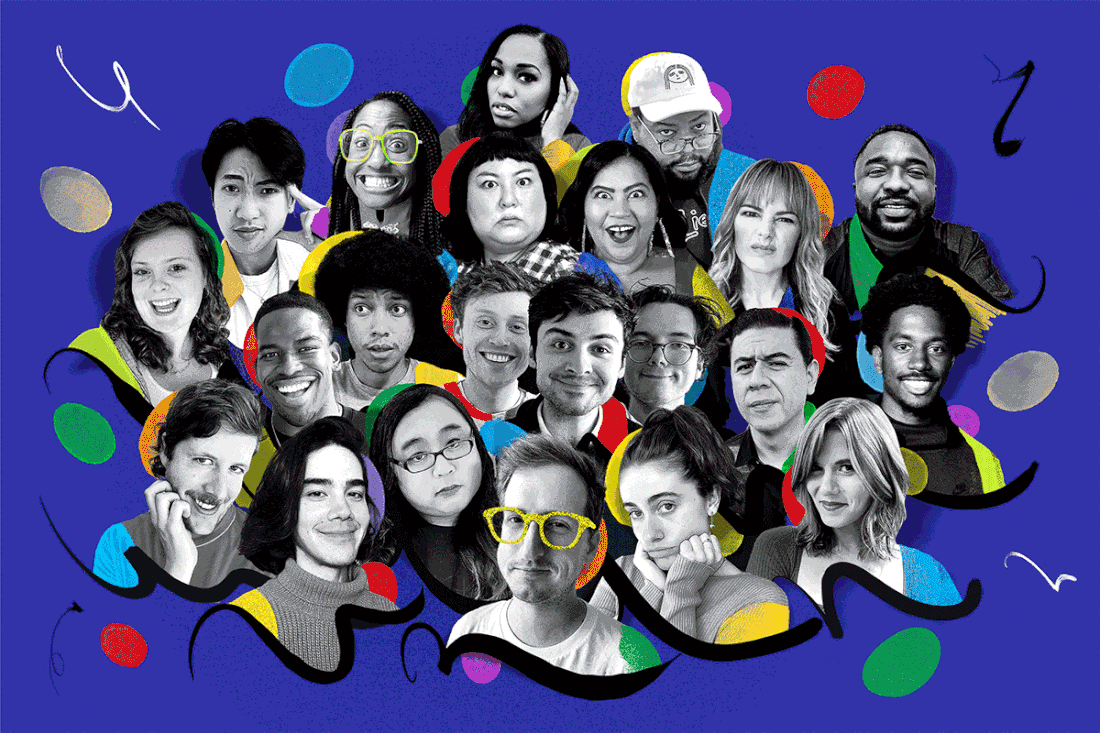
This one-day symposium is the culmination of a BA/ Leverhulme Small Research Grant funded project on the cultural economy of comedy in the East Midlands. This event brings together comedians and comedy researchers to explore comedy, precarity and inequality today.
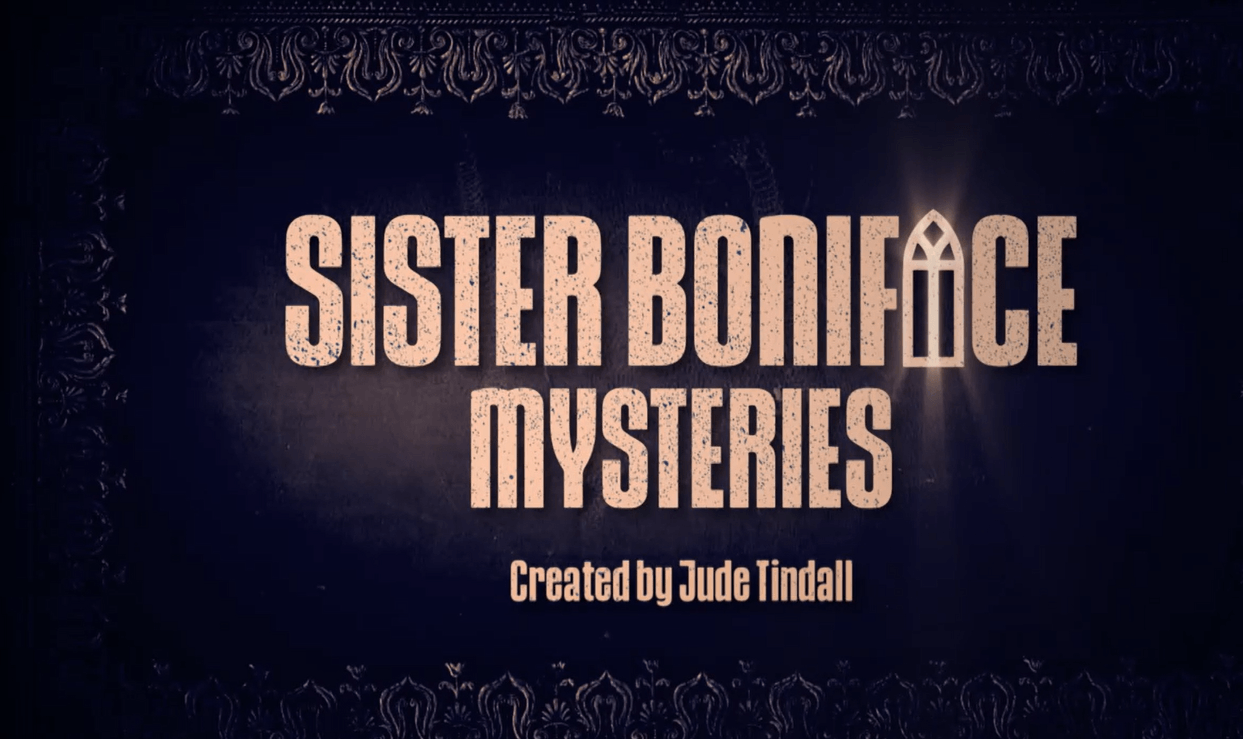
“Now, the programme is made on film – since we can see what looks like a 35mm film camera in the chapel and the image has vertical tramline scratching of the sort you’d expect with film – but it’s in colour. That’s fine – there were television series being made in colour in the UK as early as Men, Women and Clothes in July 1956, and this is some time in the 1960s, so that’s okay.
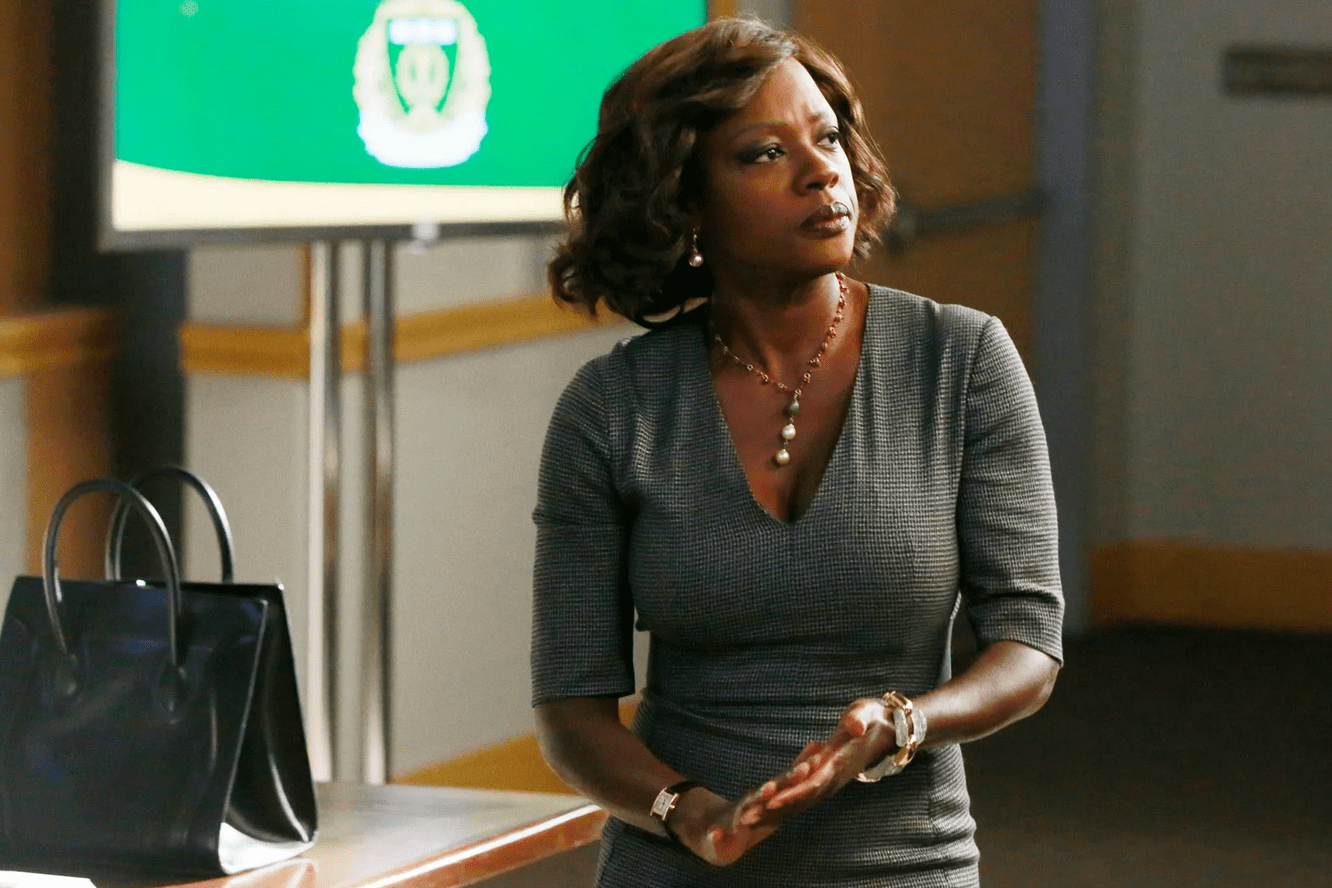
This symposium draws attention to the current debates on media’s role in shaping and popularizing contemporary feminisms ranging from celebrity feminism to neo-liberal and post-feminism (Rottenberg et al 2020). It underscores the role of popular culture and media as sites of feminism and (subversive) feminist struggle.

We are living in turbulent and increasingly dangerous times which are in large part defined and influenced by the very thing we study and research, namely media, communication infrastructures, algorithms, and data. Faced with an uncertain future, we can discern both dystopian and optimistic scenarios. In terms of the former we need critique, as well as ethical norms and values to validate those critiques.

Squid Game (2021-) is yet another successful export from South Korea, demonstrating the transnational mobility of Korean popular culture, and further cementing its status as a soft power juggernaut. The series has widely been framed in terms of neoliberalism and precarity. However, Squid Game ’s popularity has come at the expense of its mistreatment of female characters (as well as the other minority characters in the show).

It’s been said many times, not least by my PhD supervisor, that creativity loves constraint. A prompt such as Ariel Avissar’s TV Dictionary is a prime example of how working within rigid parameters can enable new discoveries about a particular media object, even one with which we consider ourselves familiar.
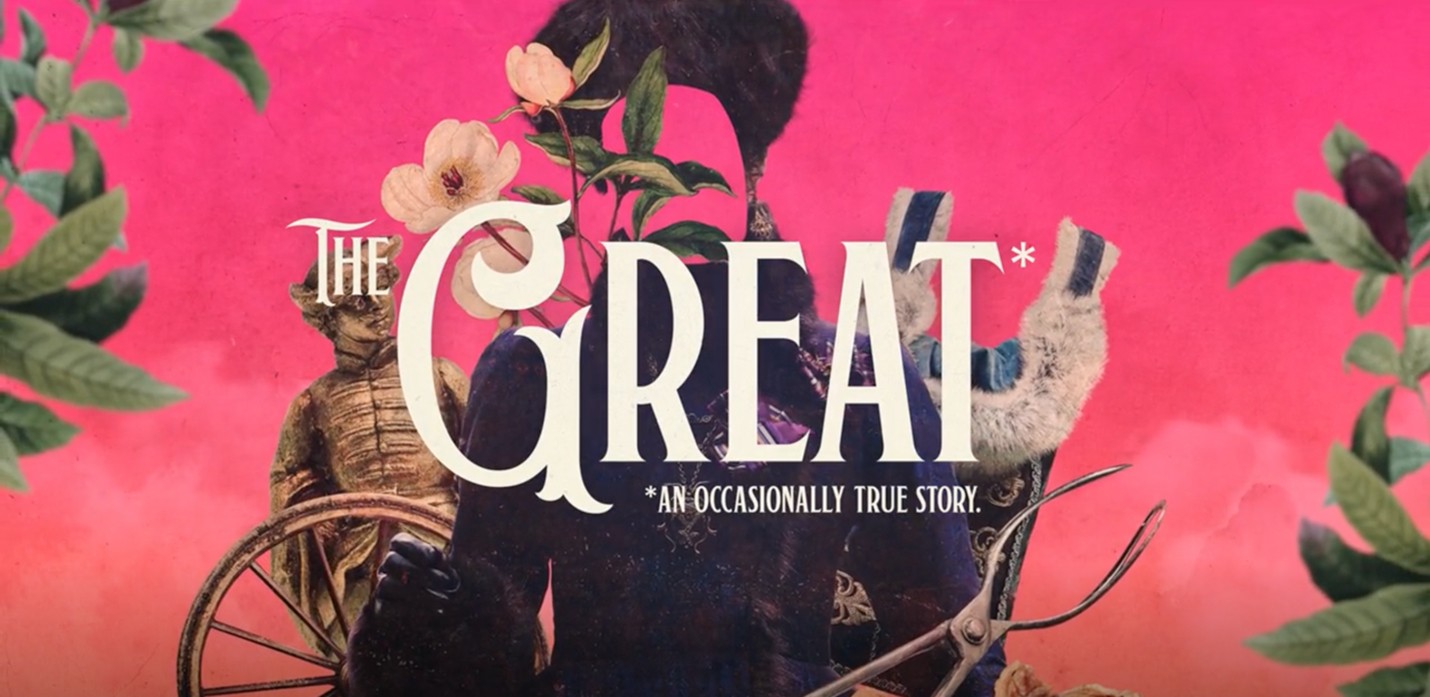
As it has come to Channel 4 recently, I’d like to talk about Hulu’s The Great (2020-). It’s a bit of an oddball in the current television landscape. The Great fictionalises Catherine the Great’s rise and rule over Imperial Russia; it’s an out-and-out comedy, cramming as many laughs a minute as it can get. The fantastic thing about The Great is that it works with, and even against, history.

Here you are. Here’s a cracker. One for the teenagers [1]: This is from The Grinning Man, the New Year 2009 special episode of the comedy-mystery series Jonathan Creek (1997-2016) and it shows the eponymous magic/crime consultant meeting the character who will become his new colleague for his next few cases.